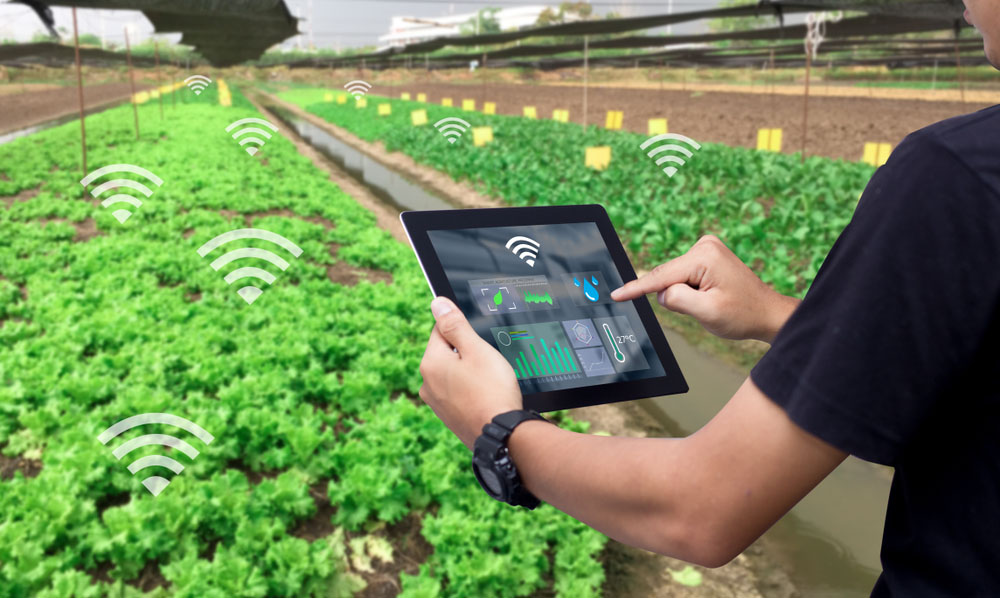Education & Career Trends: April 28, 2023
Curated by the Knowledge Team of ICS Career GPS

- Excerpts are taken from an article published on analyticsinsight.net.
The role of data science in agriculture is becoming increasingly significant. Farmers are embracing data science to improve agricultural yields, minimise or reduce water consumption, and enhance the quality of their products. Data science uses technologies to source geospatial outputs for use in agriculture, disaster relief, and other related fields.
Using data science, farmers are enabled to make more informed planting, irrigation, and crop management choices. Data can also be utilised to check on and monitor the soil conditions, accurately estimate yields, detect the presence of pests and diseases, and measure crop growth.
The Role of Data Science in Agriculture:
1. Crop Monitoring
- More advanced agricultural monitoring systems are being developed using data science.
- Farmers can now gather data on their crops using sensors and drones, which can then be analysed to spot issues early on and take corrective action.
- This aids in increasing yields and avoiding losses due to pests or illnesses.
2. Water Management
- Water management is one of the most important uses of Data Science in agriculture.
- Farmers may improve their water consumption to save waste and expenses by collecting data on weather patterns, soil moisture levels, and irrigation systems.
3. Precision Farming
- Precision farming is another important application of Data Science in the agriculture field.
- This entails using data to direct planting, spraying, and harvesting activities to ensure pinpoint precision.
- This saves farmers money on inputs like seeds and fertilizers while also reducing crop damage and production losses.
4. Soil Analysis
- Data Science is also being utilised in agriculture to better understand soil composition and fertility.
- Data science contribution to agricultural scientists may construct more accurate models of soil behaviour by examining data from sensors and samples.
- This enables farmers to improve their irrigation, fertilization, and soil management procedures.
5. Crop Forecasting
- Crop forecasting is another key application of Data Science in agriculture.
- Agricultural scientists may construct models that anticipate how a certain crop will do in the future under different conditions by studying historical data about weather patterns and crop yields.
- This data can assist farmers in making decisions about which crops to sow and when to harvest them.
6. Food Safety
- Finally, data science is being used to improve food safety.
- Agricultural scientists can discover risk factors and devise methods for minimising the spread of disease-causing microorganisms by examining food-borne illness data.
- This protects customers and ensures that food items are safe to ingest.
…
Have you checked out yesterday’s blog yet?
How Changing Your Awareness Can Help You Reach Your Goals
(Disclaimer: The opinions expressed in the article mentioned above are those of the author(s). They do not purport to reflect the opinions or views of ICS Career GPS or its staff.)




One Reply to “How is Data Science Utilised in Agriculture?”